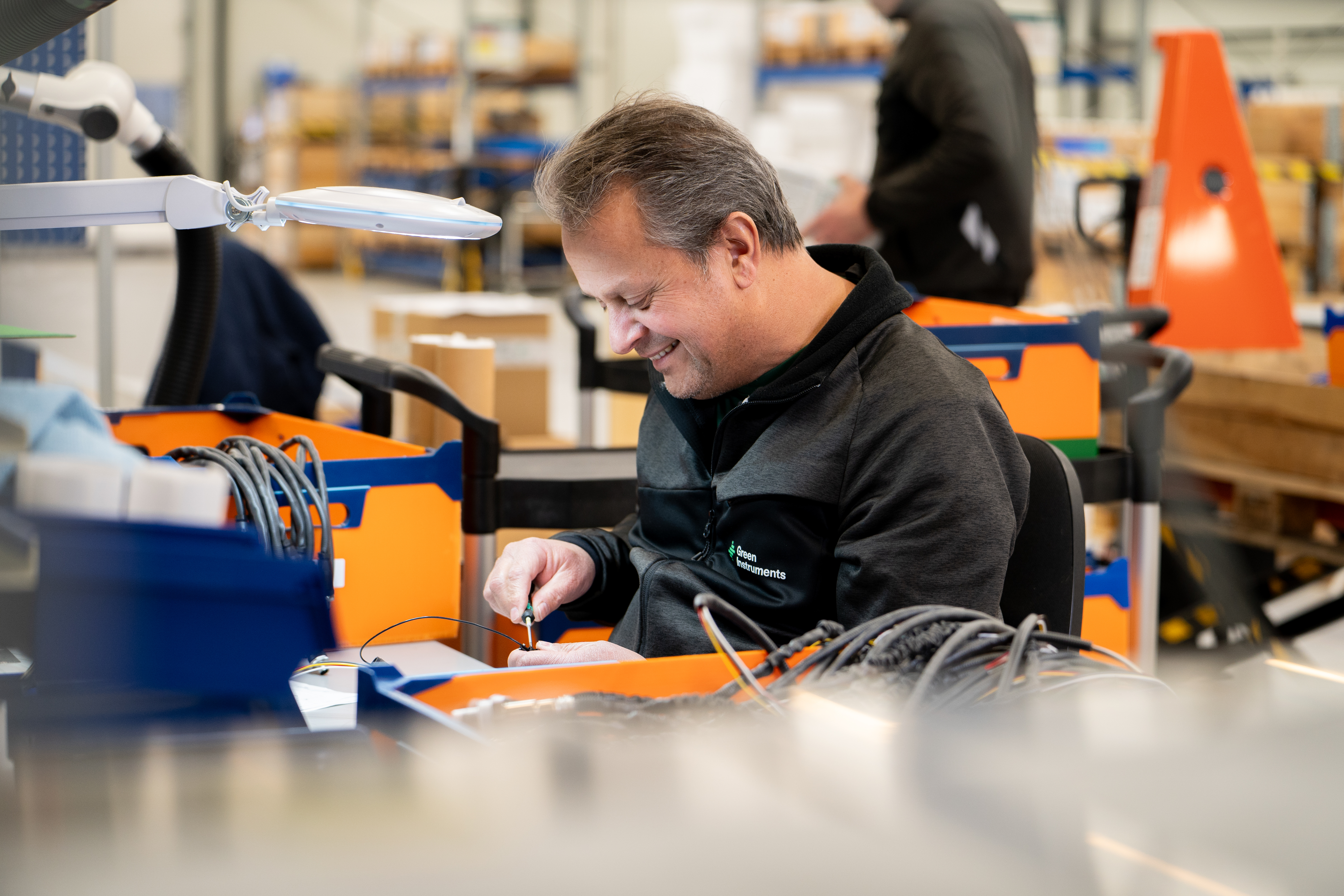The true value of genuine spare parts in maritime operations
In maritime operations, using genuine spare parts is crucial. The sea tests every vessel's strength and resilience, making the integrity of each component essential for performance and safety
Understanding reliability and quality assurance
Genuine spare parts are manufactured to meet the highest standards of quality and reliability, designed specifically for the unique requirements of your vessel. These parts have undergone rigorous testing and certification processes to ensure optimal performance under the harsh conditions at sea. This stringent quality control helps in minimizing the risk of part failures that could endanger the crew and operations at sea.
The hidden costs of non-genuine parts
While the appeal of apparently lower upfront costs can be tempting, the use of non-genuine parts can have significant consequences at sea. These include increased maintenance requirements, higher overall operating costs, and even critical failures in safety systems. For example, during emergencies, there have been reports of non-approved fire suppression equipment failing — a stark reminder of the potential consequences of compromising on quality.
Ensuring availability and support
A robust global distribution network for genuine parts ensures that, wherever a vessel may be, the necessary components are readily available. Such a network, supported by expert technical support, is crucial in minimizing downtime and maintaining smooth maritime operations.
Warranty protection and long-term savings
Warranty protection and long-term savings are important considerations when it comes to spare parts for maritime operations. Choosing genuine parts helps maintain a vessel’s warranty coverage and protects the investment. Non-genuine parts, on the other hand, carry the risk of voiding warranty coverage and can expose operations to potential damages and liabilities. Additionally, genuine parts typically have a longer lifespan and can prevent damage to other components, ultimately reducing the likelihood of breakdowns and saving on maintenance costs in the long run.
The cost of compromise
Consideration should be given to the potential costs if systems fail. The need for alternative compliant solutions, required when primary systems are not functioning, can incur significant daily expenses. Is it worth the risk to opt for non-original parts?

The broader implications of using genuine parts
Within the broader context of maritime operations, the use of non-genuine parts vs. genuine parts carries considerable safety and environmental implications. Organizations such as Sea Europe - Ships & Maritime Equipment Association Sea Europe - The Shipyards’ & Maritime Equipment Association of Europe emphasize the critical issue of combating counterfeit maritime spare parts and equipment. These counterfeit parts can severely compromise maritime safety and pose significant environmental risks, reinforcing the importance of adhering to strict standards and quality controls in maritime equipment procurement. This approach is not just about maintaining operational standards but also about contributing to global efforts in marine conservation and safety enhancement.
The focus by Sea Europe on counterfeit parts underscores a broader industry-wide effort to ensure that ships operate safely and efficiently by using parts that maintain the integrity of their original design specifications. This approach not only helps in prolonging the lifespan of maritime equipment but also plays a critical role in safeguarding the marine environment from potential pollutants.
Navigating forward
Selecting genuine spare parts is not just a technical choice but also a step towards maintaining maritime safety and operational reliability. For those in the maritime industry, recognizing the importance of these factors is key to making informed decisions that support the ongoing dependability and safety of sea operations. By choosing parts that adhere to strict standards, maritime operators can confidently address the challenges at sea.
"Do you have insights or experiences related to the use of genuine versus non-genuine spare parts in maritime operations? We value your perspective and invite you to share your thoughts"
Rene Bredmose ChristensenGlobal Aftermarket Director, Green Instruments
